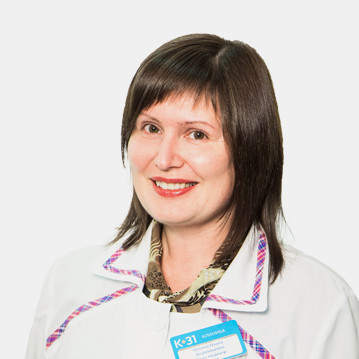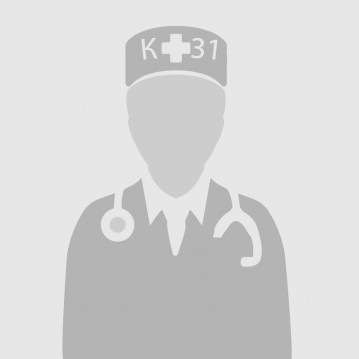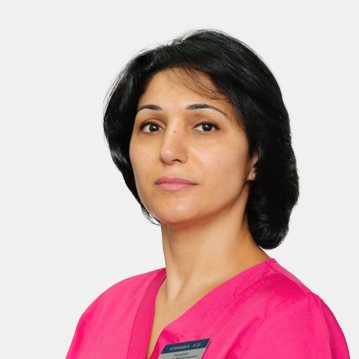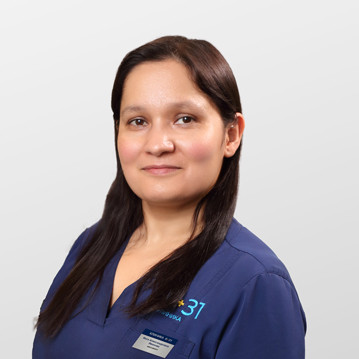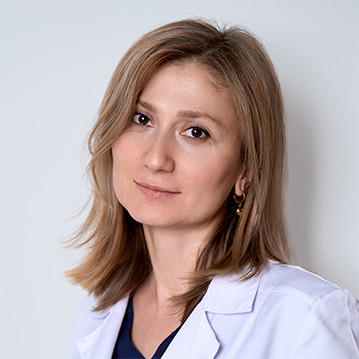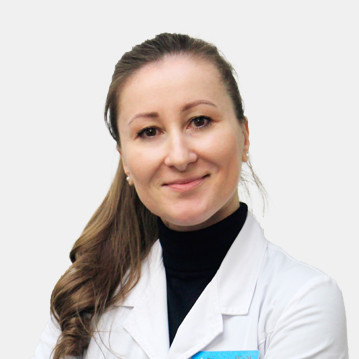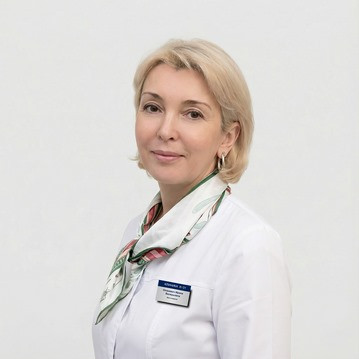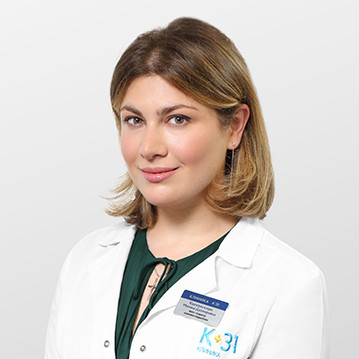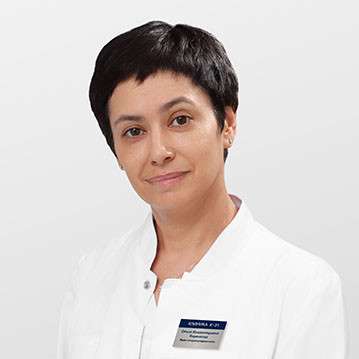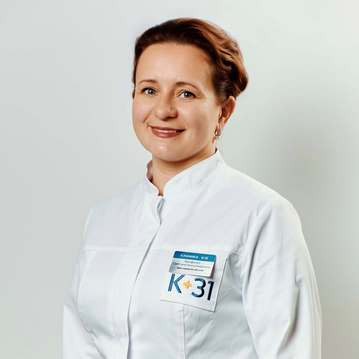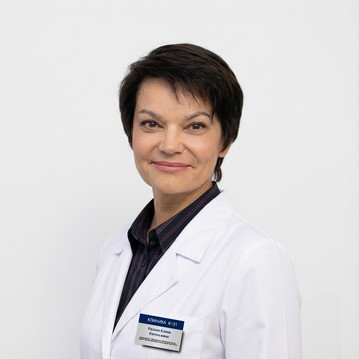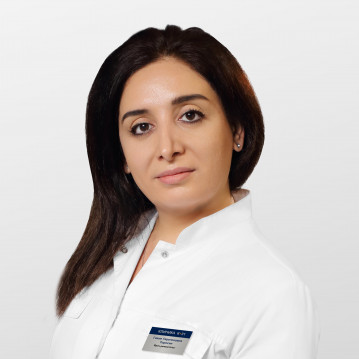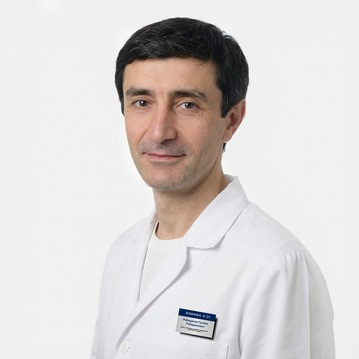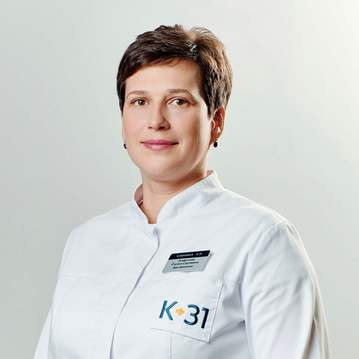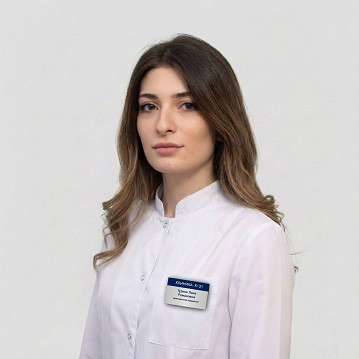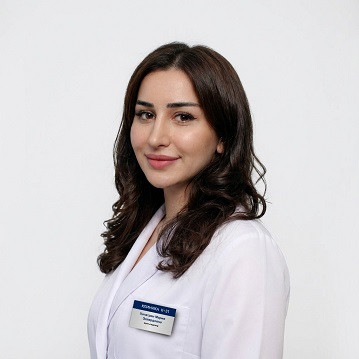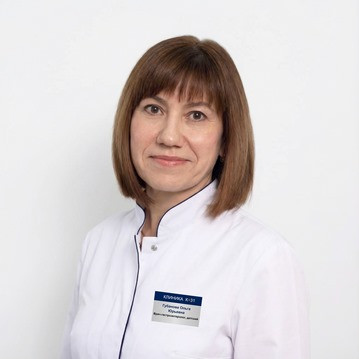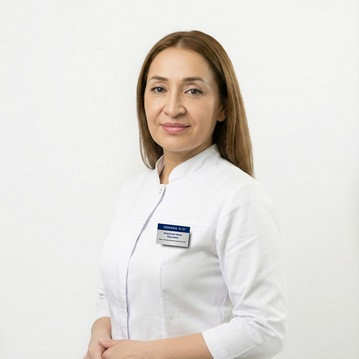An allergist-immunologist studies the functioning of the immune system, which performs important functions in a child's body. This is protection against viruses, bacteria, fungi, recognition of foreign particles, mutated cells. The doctor is engaged in identifying the causes, treatment and prevention of allergic diseases, as well as conditions associated with a decrease in immunity.
Allergies are caused by malfunctions of the immune system, and their manifestations can be of varying severity - from mild to life-threatening. Therefore, it is extremely important to remove all unpleasant symptoms and identify the cause that caused them.
Tasks of the pediatric allergist-immunologist
What does the doctor of the clinic K + 31 do when making an appointment:
- conducts a survey of the child and his relatives regarding the development of the disease;
- examines the patient;
- prescribes an examination, including skin tests, allergy tests;
- identifies allergens that caused complaints;
- develops an individual therapy regimen with the calculation of dosages by age and weight;
- monitors the course of treatment;
- clarifies the diet of the diet, if necessary;
- explains how to eliminate factors provoking an allergic reaction;
- gives explanations, reminders on how to act in the event of an acute attack of allergies, Quincke's edema, anaphylactic shock.
What does a pediatric allergist-immunologist treat
Allergies are not always obvious. It can disguise itself as a number of other diseases, for example, as viral conjunctivitis, food poisoning, the first stages of ARVI. A set of basic complaints for contacting a doctor:
- itching of any part of the body, especially the nose, eyes;
- blisters;
- rashes that resemble nettle burns;
- bright red spots of any diameter;
- peeling of the skin;
- swelling of the face, neck, eyes, limbs;
- dry eyes or watery eyes;
- frequent sneezing, choking;
- sore throat;
- mucous discharge from the eyes or nose;
- change in the perception of smells;
- shortness of breath, wheezing;
- dry cough without phlegm;
- liquefaction of the stool;
- abdominal discomfort;
- weeping or dry crusts on the skin;
- nasal congestion in the absence of ARVI.
Diagnoses in which a child's allergist-immunologist prescribes examination and treatment for a child:
- bronchial asthma;
- allergic conjunctivitis;
- hay fever;
- eczema;
- atopic dermatitis;
- allergic rhinitis;
- Quincke's edema;
- hives;
- Lyell's syndrome.
